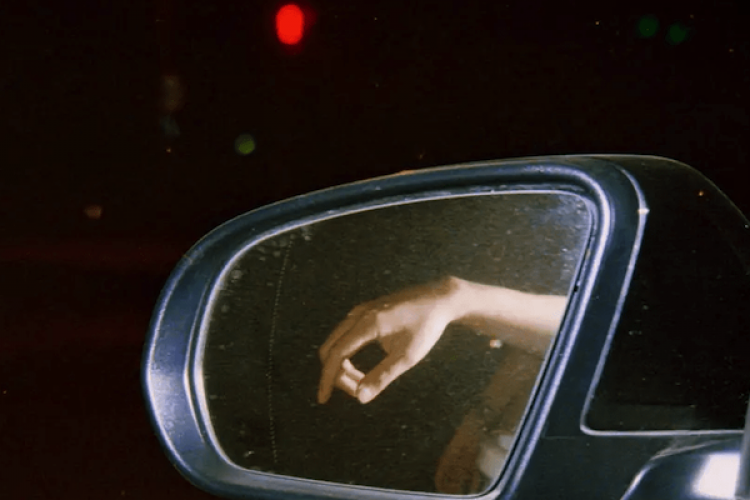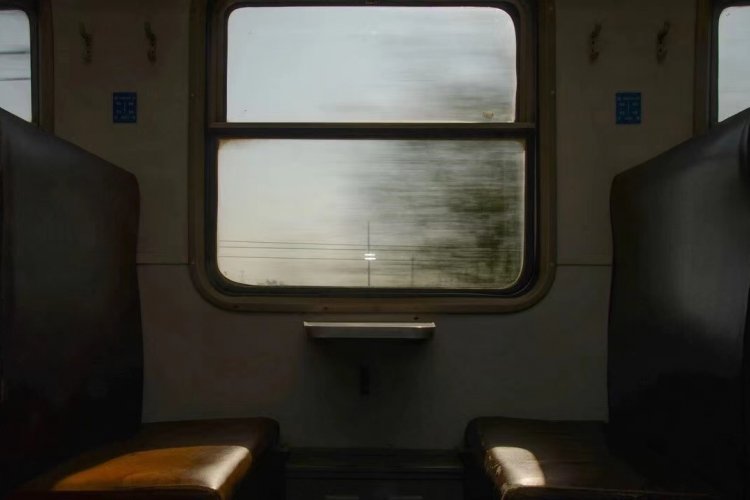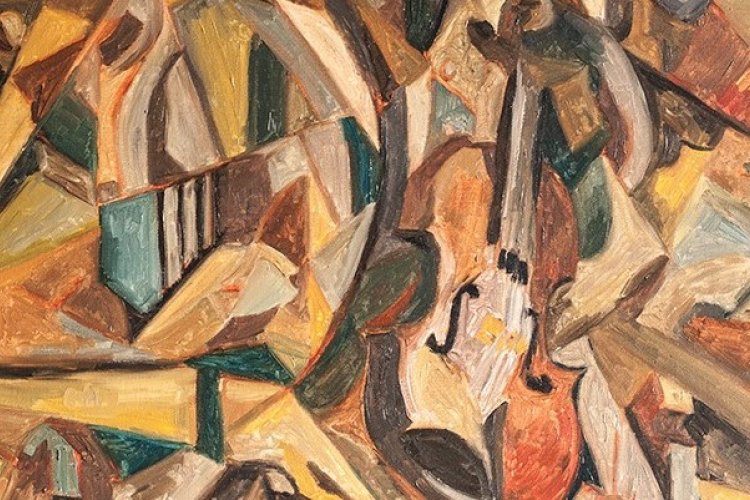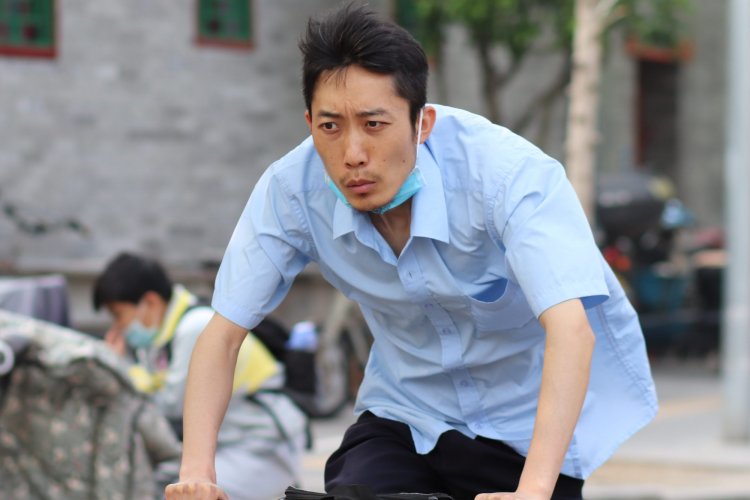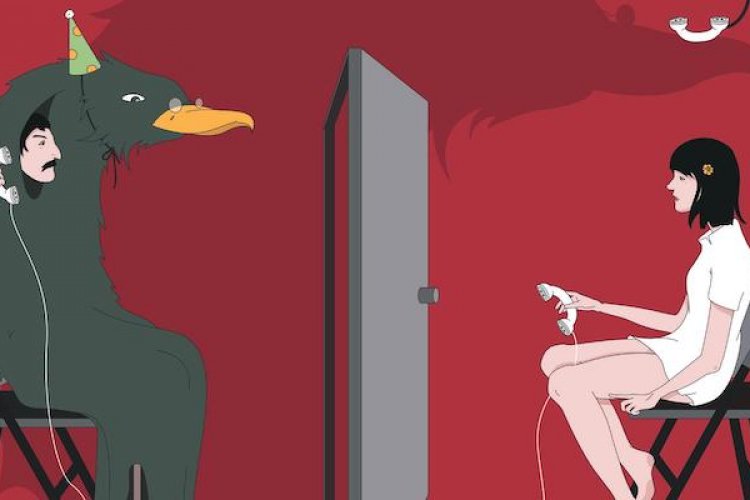Beijing Lights: It’s What I Haven’t Done That I Regret
This post is part of an ongoing series by the Spittoon Collective that aims to share some of the voices that make up Beijing’s 21.7 million humans. They ask: Who are these people we pass in the street every day? Who lives behind those endless walls of apartment windows? These interviews take a small, but meaningful look.
Wei Haiying is the uncle of Wei Qingqing, our previous article’s protagonist. I spoke to him at his barbershop, right across from the wonton restaurant. They both share the same relaxed attitude towards life, living in the free and easy way Sichuan people are known for. His WeChat bio reads “as free as a sea eagle” (his name Haiying is literally “sea” and “eagle”).
Wei Haiying, male, 46 years old, from Sichuan, hairdresser
I had just turned 20 when I first came to Beijing. I thought I would see what it’s like, staying two or three years at most. Who could’ve guessed that I’d be here for over 20 years?
After graduating from junior middle school, I went by myself to Shaanxi to sell fruit wholesale. After two years there, I went to Xinjiang to work for a distant relative. Xinjiang is a scarcely populated and vast area, where land costs nothing. My relative rented land in Atlay to grow fruits and vegetables, and raise sheep and cows. I helped him with the farm and the animals. Atlay is in Northern Xinjiang. It’s unbearably cold almost all year round. Not even two years later, I was ready to leave.
I have an uncle who came to Beijing in the late 80s, and he started a hair salon near Dongzhimen. His business was doing well so he asked me to join him. I say he’s my uncle, but he’s actually only three years older than me. My father has eight younger siblings, this uncle is the youngest, so the age difference between us is small.
In the beginning, I wasn’t so convinced about the idea of being a hairdresser. It meant dealing with clients from all walks of life. I’m an introvert, and naturally not good at connecting with people.
That’s why when I got here, I first studied at a cooking school for three months. But after getting a level three cooking certificate, I realized that I’m not a fan of cooking at all. So I went to join my uncle at his barbershop.
I spent over a year at his shop, half learning half working, and studied at a specialized school for another few months. I then spent several years working for different salons to improve my skills, before finally starting my own business years later.
Before moving to this hutong, I had my shop in Andingmen and then Songyudongli, but neither lasted longer than two years because of the city-wide renovation project. My shop had a name—Hua Chengjia Barbershop. I used to have a signboard with the name on it. But it was removed by the local government a few years ago. Without a name, my business survived on the margins. And now it’s been ten years.
Call it destiny, but if I hadn’t apprenticed as a hairdresser, I wouldn’t have met my wife.
I remember clearly the time we first met. It was early 2003, when Beijing was in the midst of the SARS outbreak. Back then, beauty salons and hair salons were combined. She worked as a beautician at the salon where I used to work. I went there to visit former colleagues, and that’s how I met her.
SARS brought a halt to our business, for a time there were no clients, so no work for us at all. I often took the bus to visit her, over an hour’s journey stretching from east to west Beijing. We grew to know each other better as time passed, and now you know the rest of the story. Since getting married during the 2006 spring festival, we’ve long passed the seven-year itch, but we’re still very affectionate toward each other, just like the early days.
My son turned 13 this year and is about to attend middle school. He’s been with us in Beijing since he was two. He grew up here and attended school here, so for him, Beijing is home, where things are familiar and comfortable. While Sichuan, his birthplace that he only visits once a year, is a strange land to him.
But we don’t have a Beijing hukou, which means he can’t take the Gaokao here. We have no choice but to send him back to Sichuan for high school. I’m planning to send him back the last year of junior middle school, so he can get used to the different schooling system back home.
Most likely we’re going back with him. I haven’t decided what I’ll do to earn a living if I go back. I don’t think I’ll continue as a hairdresser. The business back home is not promising. Maybe so, maybe not, we’ll see.
I’ve bought an apartment back home using my savings from all these years. I knew I needed to prepare for the day I go back. After living in Beijing for so many years, I’ve never stopped thinking of my old town as home. It’s a small quiet city, good for a peaceful life. I wasn’t dreaming big anyway. For me, as long as the family is well and together, that’s enough. I see nothing wrong with living modestly.
Looking back, I don’t regret the things I’ve done. It’s what I haven’t done I regret.
Living in Beijing, I didn’t visit home as often as I’d like. I’ve spent so little time with my parents. While I was in Beijing, my father died of a heart attack. He was still only 60. It happened so suddenly that I couldn’t get back in time to say my final farewell. This will forever remain a lump in my throat.
All in all, I don’t have much to complain about—I married a good woman, I have an adorable son. I think my life’s been a worthy journey.
READ: Beijing Lights: Does Life Have to be Meaningful?
Edited by David Huntington
This article is provided by our content partners Spittoon Collective. You can read more content just like this from Beijing's creative literary minds via their website here. You can also find the article above in its original Chinese form here.
Image courtesy of Spittoon
Related stories :
Comments
New comments are displayed first.Comments
![]() Sikaote
Submitted by Guest on Wed, 08/12/2020 - 13:50 Permalink
Sikaote
Submitted by Guest on Wed, 08/12/2020 - 13:50 Permalink
Re: Beijing Lights: It’s What I Haven’t Done That I Regret
Beijing Lights: It’s What I Haven’t Done That I Regret
Laozi would be disappointed with this thinking.

Validate your mobile phone number to post comments.


